DHAKA, June 25 (V7N) – The National Consensus Commission (NCC) has withdrawn its initial proposal for the formation of a "National Constitutional Council (NCC)" and replaced it with a new concept: a "Constitutional and Statutory Institutions Appointment Committee." This revision, announced by NCC Vice-Chairman Professor Ali Riaz today, reflects the commission's efforts to incorporate the views of various political parties and achieve broader agreement.
Speaking at a media briefing at the Foreign Service Academy following the sixth day of the second round of talks with political parties, Professor Ali Riaz stated that the initial NCC proposal lacked broad consensus among major political parties. The original NCC was envisioned to handle appointments to constitutional and statutory bodies.
The newly proposed "Constitutional and Statutory Institutions Appointment Committee" will have a revised structure and its mandate will be solely focused on appointments to constitutional and statutory institutions. Notably, it will exclude appointments for the Attorney General and the chiefs of the three armed services, a point of contention in earlier discussions. The committee will reportedly be chaired by the Speaker of the Lower House and will include seven members: the Prime Minister, the Speakers of the Lower and Upper Houses, the Leader of the Opposition, a representative of any other party, a representative of the President, and an officer of the Appellate Division nominated by the Chief Justice. The previous proposal for the NCC had included the President and Chief Justice as members.Professor Riaz indicated that most political parties have given positive opinions on this revised proposal, and a detailed discussion will now be held to finalize its procedural details and framework.
The discussions today also touched upon the fundamental principles of state governance and the tenure of the prime minister. While there was broad support for five fundamental principles – equality and human dignity, social justice, democracy, religious freedom and harmony, and impartiality – consensus has not yet been reached on the prime minister's term limit. Professor Riaz noted that while some parties favored maintaining existing governance principles, others expressed opposing views.
Regarding the prime minister's term, earlier reports from Sunday's meeting indicated that most parties, with the notable exception of the BNP, the National Democratic Movement (NDM), and the Bangladesh Liberal Democratic Party (BLDP), had agreed on a lifetime cap of 10 years for anyone serving as prime minister. However, the BNP has stated it would only support a 10-year cap if the issues of constitutional body appointments and the structure of a proposed bicameral parliament were settled first, and they remain opposed to any committee that would "curtail the executive's authority."
Professor Ali Riaz expressed optimism that continuous engagement, both formal and informal, with political representatives would lead to the formulation of a "National Charter" that incorporates necessary revisions and additions. He highlighted the ongoing formal and informal exchanges between party leaders outside the commission meetings as a positive sign.
Representatives from 30 political parties, including the Bangladesh Nationalist Party (BNP), Bangladesh Jamaat-e-Islami, National Citizen Party (NCP), Gono Odhikar Parishad, Gonosanghati Andolon, Communist Party of Bangladesh (CPB), Biplobi Workers Party, and Amar Bangladesh (AB) Party, participated in today’s meeting.
The Consensus Commission is slated to meet with political parties again next Sunday, aiming to swiftly reach a consensus and finalize the "July Charter," a comprehensive document outlining reforms to the state system following the "July Revolution" (also known as the Student-People's Uprising Day) of 2024.
END/MSS/RH/



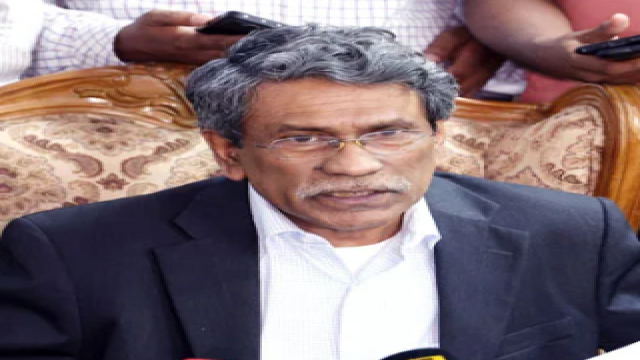

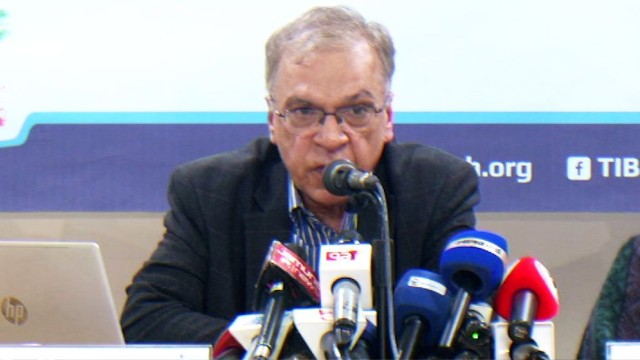

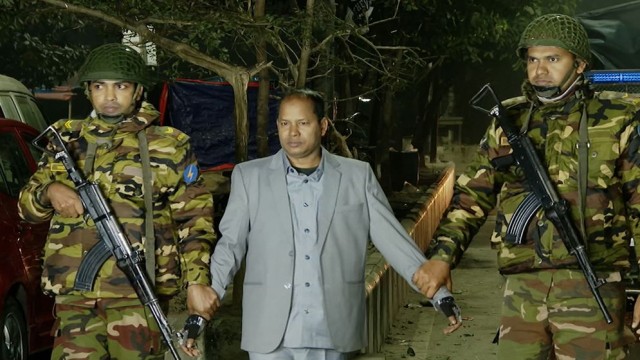
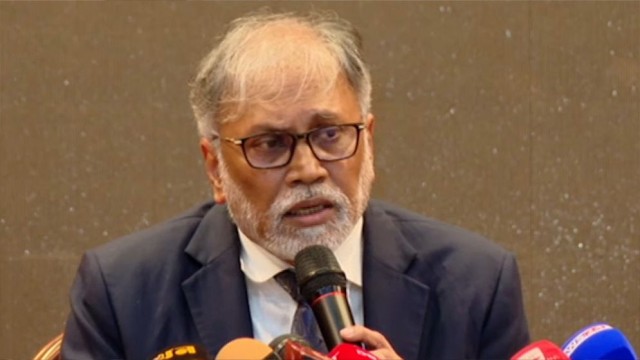

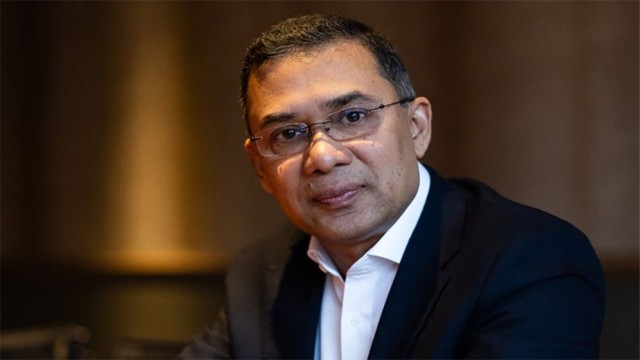

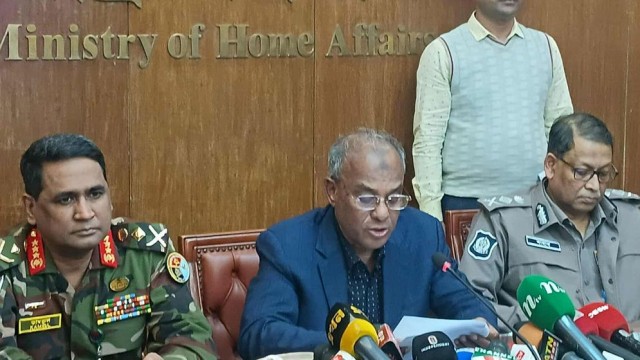
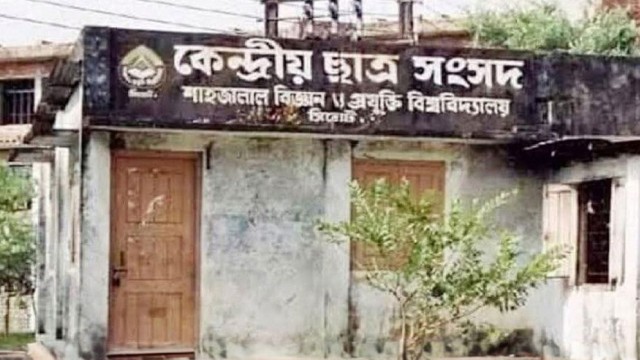



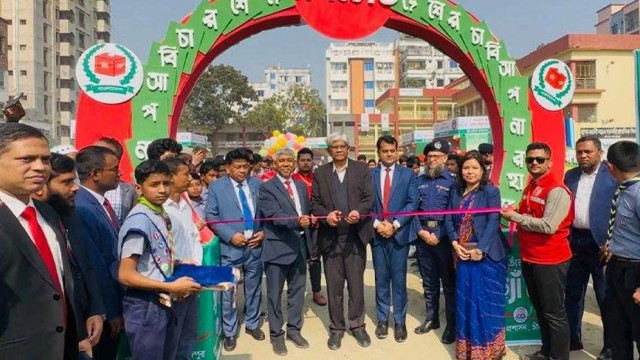

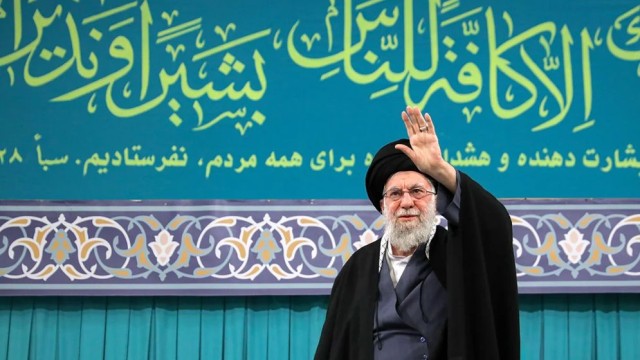


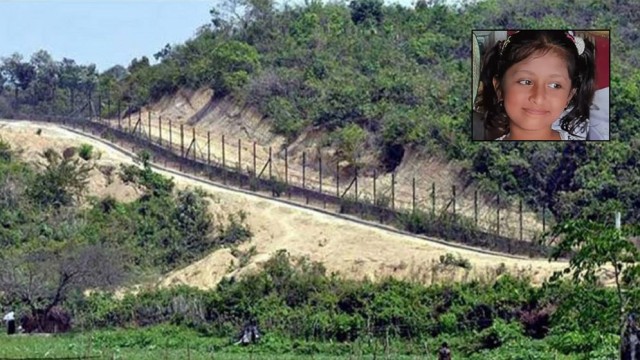



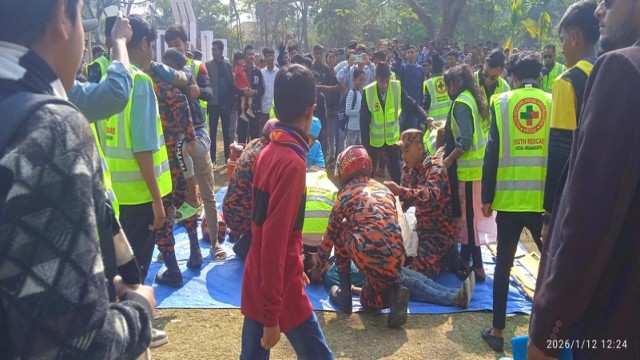




Comment: